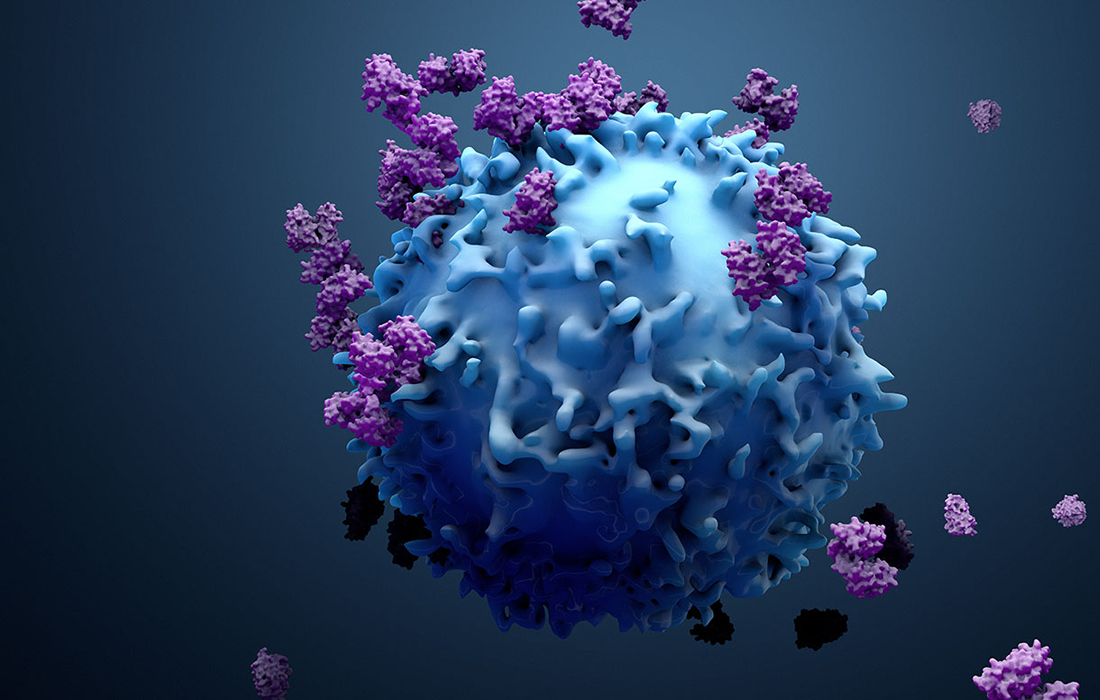Regenerative Medicine News and General Information
CAR-T Immunotherapy Can Eliminates Disease-Causing Cells in Mice with MS-Like Disease
Multiple Sclerosis (MS) is a chronic inflammatory, autoimmune, and neurodegenerative disease of the central nervous system (CNS). MS affects approximately 2.5 million people worldwide. High prevalence of MS is seen in northern parts of Europe and North America.
Multiple sclerosis (MS) is a potentially disabling disease of the brain and spinal cord (central nervous system).
In MS, the immune system attacks the protective sheath (myelin) that covers nerve fibers and causes communication problems between your brain and the rest of your body. Eventually, the disease can cause permanent damage or deterioration of the nerves.
It is characterized by demyelination and neuronal loss that is induced by attack of autoreactive T cells to the myelin sheath and endogenous remyelination failure, leading to functional neurological disability. Its very complex pathogenesis is not completely understood.
Researchers have shown that the cancer therapy known as CAR-T can be applied to multiple sclerosis (MS)
At the heart of CAR-T therapy are the immune system’s T cells, crucial elements of the body’s defense force. T cells respond to threats such as bacteria, viruses and cancerous cells by coordinating an immune assault and killing foreign organisms and infected or cancerous cells.
But every once in a while, T cells mistake healthy cells for infected cells and turn their weapons on the body’s own cells and tissues, triggering an autoimmune disease. MS is marked by rogue T cells that trigger the destruction of myelin, the protective covering over nerves. As myelin is eaten away, communication between the brain and spinal cord and the rest of the body becomes unreliable, and people begin experiencing symptoms such as fatigue, pain, tingling, vision problems and loss of coordination. Immunosuppressive drugs can quash the self-destructive activity of rogue T cells, but such drugs also suppress helpful T cells and put people at risk of severe infections.
In CAR-T cancer therapies, doctors take a patient’s own T cells, modify them to recognize and vigorously attack his or her specific cancer, and then put them back in the body on a seek-and-destroy mission. Inspired by this approach, the researchers set out to create CAR-T cells equipped to seek out and destroy the rogue T cells that cause MS. The idea was to make CAR-T cells that would function akin to a police department’s internal affairs office, rooting out the bad apples in the T cells defense force while leaving good T cells in place to protect the body.
Chyi-Song Hsieh, MD, PhD, the Alan A. and Edith L. Wolff Professor of Rheumatology and a professor of medicine and of pathology & immunology, made some bait. They designed a molecule by combining a fragment of a protein found in myelin with a protein that activates T cells.
Only T cells that target myelin ,(the bad apples, so to speak )would respond to this hybrid molecule. Then, they loaded the bait molecule onto a kind of T cell known as killer T cells. Any rogue T cells that took the bait would be eliminated by the killer T cells.
That was the idea, at least. To see whether it worked, the researchers turned to mice with an MS-like condition.
Treating such mice with the engineered CAR-T cells prevented disease in those that had yet to develop problems, and reduced signs of disease in those that were already showing neurological effects.
The beauty of the CAR-T approach is that by swapping out the protein fragment in the bait molecule, killer T cells can be redirected toward different rogue immune cells to treat different diseases.
Right now, there’s no way to tell who is going to get MS or when, so preventing disease in people isn’t realistic, but we could treat it, and I think the CAR-T approach looks very promising.
SOURCE:
Jaeu Yi, Aidan T. Miller, Angela S. Archambault, Andrew J. Jones, Tara R. Bradstreet, Sravanthi Bandla, Yu-Sung Hsu, Brian T. Edelson, You W. Zhou, Daved H. Fremont, Takeshi Egawa, Nathan Singh, Gregory F. Wu, Chyi-Song Hsieh (October 7, 2022). Antigen-specific depletion of CD4 + T cells by CAR T cells reveals distinct roles of higher- and lower-affinity TCRs during autoimmunity. Science Immunology. Retrieved from: https://www.science.org/doi/10.1126/sciimmunol.abo0777
IMAGE:
https://news.uchicago.edu/sites/default/files/images/2022-05/cancer-immunotherapy_0.jpg

